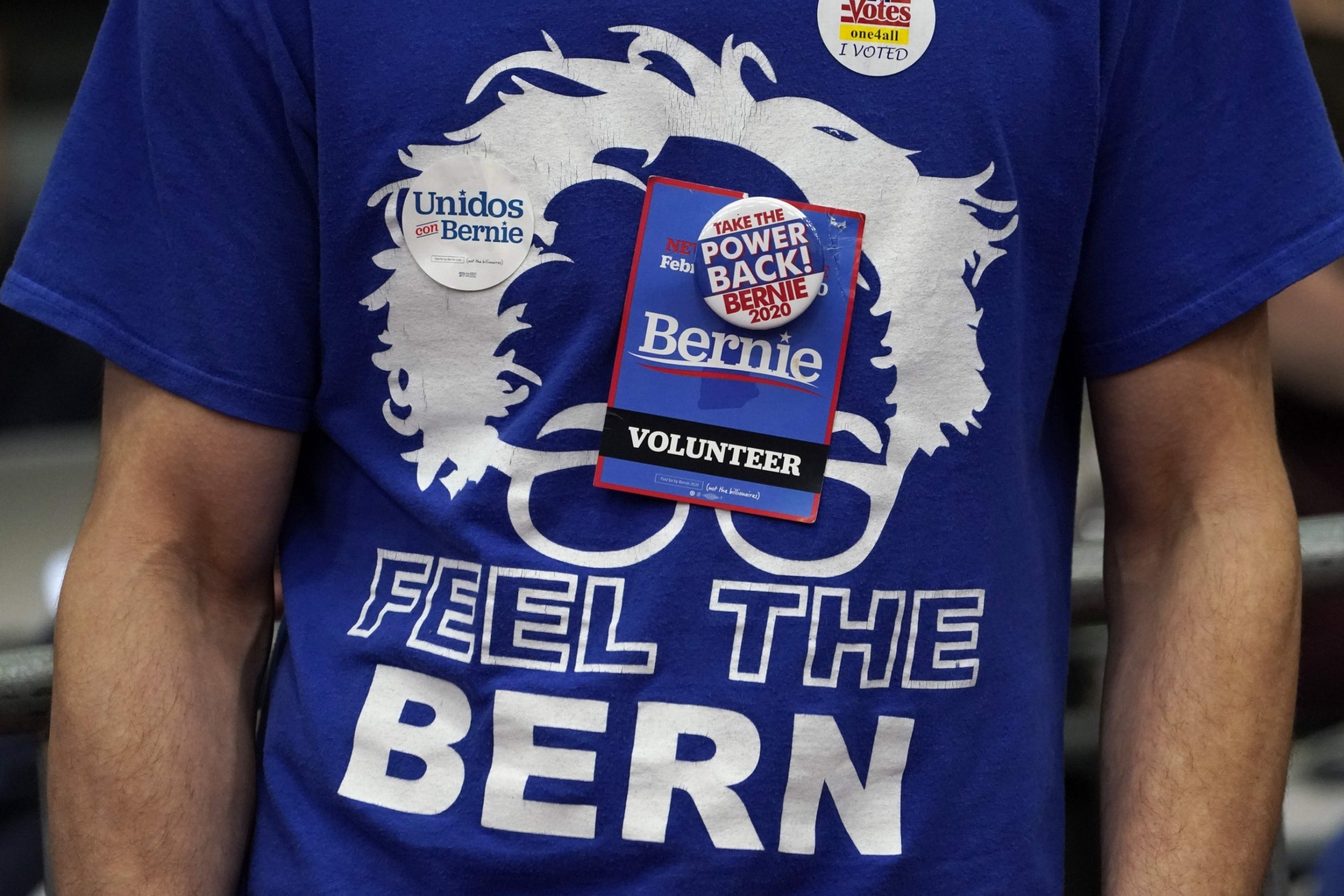What social media can — and can't — tell us about the 2020 election
We have an unprecedented amount of data available, but it’s not as helpful as you might think, writes Lucy Anna Gray


The #YangGang — the self-styled group of Andrew Yang supporters, whose ability to organise online has been well-documented — lamented as their candidate dropped out of the 2020 presidential race on Tuesday night.
Due to their positive efforts and renewed vigour, however, #Yang2024 quickly started trending after the businessman made his announcement at the New Hampshire primary.
Andrew Yang placed eighth in the key primary, after coming sixth at the Iowa caucus. It was inevitable the crowded Democratic field would thin out soon, with Michael Bennet and Patrick Deval falling less than 24 hours apart from Yang (Bennet dropped out merely minutes after.)
Andrew Yang has the fifth most Twitter followers of the Democratic presidential candidates and, as someone who works on the social media side of news, I see his supporters as being among the most engaged and vocal. But it wasn’t enough for the entrepreneur to make it even close to the White House. Despite his online popularity, he just wasn’t able to draw out as many in-person votes as someone like Pete Buttigieg.
However, the leader of the pack both in social media followers and New Hampshire results was Bernie Sanders.
A seemingly chaotic lack of correlation can also be seen between the candidates and the public’s search-based interest in them. For instance, a lot of commentators made the assumption that Tulsi Gabbard would have more of a lasting effect on the race after they saw that she was one of the most Googled people before the televised debates. When you work in social media, you need to be able to see the wood for the trees sometimes — did people really find Gabbard especially compelling, for instance, and were they really looking to read more about her or to donate to her campaign? Or were they simply confused about who she was and trying to find out? It seems it was much more the latter than the former.
The results in Iowa and New Hampshire are a good reminder that online presence isn’t enough to win a presidential election, let alone the primaries and caucuses building up to it. What we do know, however, is that there exists a historically unprecedented wealth of data. From Facebook to Google, Instagram to Twitter, these platforms have staggering amounts of information allowing them to profile voters, as well as to reach out to them. This fact is well known, and of course has proven hugely controversial over the years since the 2016 election. Social media platforms have been accused of amplifying bots and aiding Russian interference in the American system, and Twitter even banned all political advertising this year in order to avoid being caught up in such controversies this time round.
That data isn’t all bad. For instance, it’s helpful for me to see which demographics of people are responding to which news stories on The Independent. It allows me to predict patterns of interest and to tell the politics, news and comment editors what I think matters most to voters at the moment. It also allows me to make some predictions about how the next few primaries might pan out. If people of colour in South Carolina, for instance, have stopped showing as much interest in Joe Biden’s policies, then it may be that he is headed for another bad night in the southern state, despite relying on his historic popularity with African Americans to lend him a boost in numbers.
These sorts of predictions have to be approached with caution. Social media is a phenomenally powerful tool, but it is by no means an exact science. It’s all too easy to draw false conclusions — especially at such an early stage in the race — and that must be remembered by news outlets and politicians alike.
So before we get ahead of ourselves saying that Bernie Sanders is going to be the Democratic nominee... well, let’s just wait and see, shall we?
Yours,
Lucy Gray
US Audience Editor